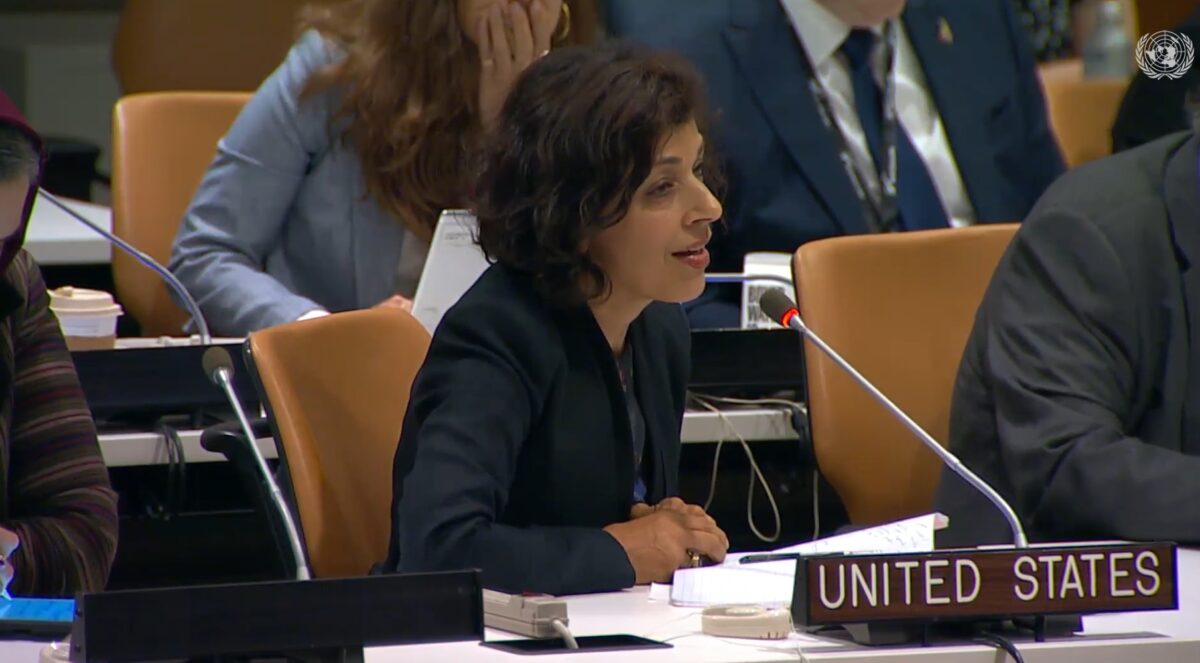WASHINGTON — On the second anniversary of the Taliban’s ban on women’s university education and employment in nongovernmental organizations, Rina Amiri, the U.S. Special Envoy for Afghan Women, Girls, and Human Rights, issued a passionate plea for global solidarity, warning that failure to support Afghan women could undermine women’s rights worldwide.
In an open letter marking the occasion, Ms. Amiri denounced the Taliban’s enactment of over 80 gender-discriminatory policies that have deprived women and girls of their “agency, mobility, education, livelihood, voice, and access to life-saving medical institutions.”
“The world is being tested,” Ms. Amiri wrote. “If we fail Afghan women and girls, we fail women and girls everywhere and set a dangerous precedent that will be replicated elsewhere, far beyond Afghanistan.”
“Afghanistan will remain in darkness so long as the dreams of Afghan women and girls are dimmed,” she added.
A history of resilience
While lamenting the Taliban’s oppressive measures, Ms. Amiri expressed confidence in the resilience of Afghan women and girls. She pointed out that this is not the first time Afghan women have faced setbacks, noting their historical role as leaders in society despite past challenges.
“They will do so again,” she stated. “And to ensure they prevail, we must collectively support them.”
Ms. Amiri outlined specific actions needed to empower Afghan women and girls:
Domestic Advocacy: Afghan men, both inside and outside the country, must stand with the women of Afghanistan — their wives, daughters, and sisters — to support a viable and hopeful future for the nation.
International Pressure: The global community must prioritize human rights, especially the rights of women and girls, in any engagement with the Taliban. Diplomatic and economic progress with the Taliban must be tied to tangible steps to reverse their extreme policies targeting women and girls.
Material and Educational Support: Member states, donors, academic institutions, and the private sector must provide Afghan women with the tools they need to rebuild their lives. These include resources, technology, education, employment training, and economic opportunities.
Ms. Amiri stressed that these measures are crucial to equip Afghan women and girls to reclaim their rights and dignity.
The Taliban’s ban on women’s participation in education and NGOs is part of a broader campaign to erase women from public life, a move that has sparked outrage and condemnation globally. However, Ms. Amiri warned that the consequences of inaction extend far beyond Afghanistan’s borders.
“Afghanistan will remain in darkness so long as the dreams of Afghan women and girls are dimmed,” she wrote. “The road ahead will be long, but hopelessness and resignation are not an option.”
Her call to action highlights the need for an unwavering commitment to Afghan women, whose plight she described as emblematic of the global struggle for gender equality.





